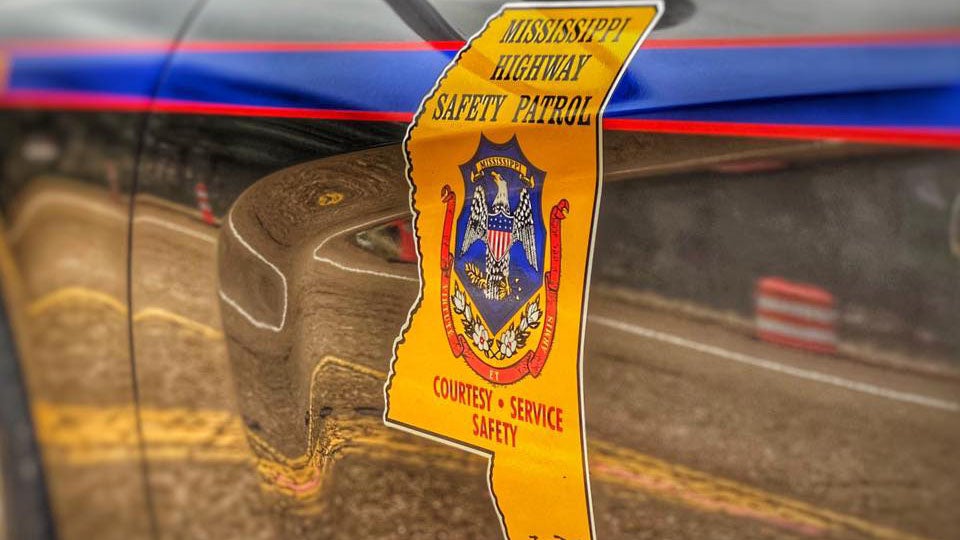Home issues top Supervisor priority list
Published 6:00 am Friday, November 13, 2009
Attempts by the Legislature to increase Mississippi’s HomesteadExemption totals should be approached carefully and withconsideration to county revenues, said officers of the statewidesupervisors association Thursday.
Mississippi Association of Supervisors Executive DirectorDerrick Surrette and legislative liaison Steve Gray named HomesteadExemption legislation a top priority for MAS during the upcoming2010 legislative session, urging lawmakers to consider how countyrevenue lost from raising the exemption would affect thedistribution of taxes. The MAS leaders discussed potentialHomestead Exemption laws and other MAS concerns Thursday withDistrict 39 Sen. Cindy Hyde-Smith, District 92 Rep. Becky Currieand the Lincoln County Board of Supervisors.
“If we lose revenue, the millage rate has to increase to keepservices where they are,” Surrette said. “Once the millageincreases, that affects everybody.”
Legislation introduced in 2009 that sought to increase HomesteadExemptions for people 65 and older would have cost Lincoln Countymore than $200,000 had the bill passed, said District FourSupervisor Doug Moak.
Surrette theorized the potential millage increase counties mighthave to enact to cover for lost homestead revenue could be shiftedto car tags, thereby increasing costs for those age 65 and olderand everyone else, too. Financial gains earned by senior citizenswith an increased Homestead Exemption could be wiped out by costlycar tags, he said.
“We have to make sure we don’t put a burden on counties to wherethey don’t have to increase taxes on everybody, including 65 andolder,” Surrette said.
Listed second on MAS’s legislative priority list is the taxationof Section 42 housing, which the association believes is not beingdone fairly.
Gray said more and more Mississippians are moving into Section42 housing – housing built for low-income families – while usingcounty and city services. However, the owners of those propertiesare not paying an equal amount of property tax.
“The problem is not a housing issue, it’s a tax equity issue,”he said. “Those properties are not being assessed in a fair andequitable manner. This is money the people can use.”
MAS is also working with cellular service providers to closeloopholes in the tax system for funding counties’ 911 services. Asmore and more people drop traditional in-house phone lines and gocellular only, no 911 taxes are being collected on pre-paid phonesor voice over Internet protocol (VoIPS) phones which use theInternet for connection.
Additionally, anyone who travels out of county to purchase acell phone has his or her 911 taxes paid to the county where thepurchase originated, not the county where the person resides. Also,Mississippi does not meet federal guidelines for collecting 911taxes, or it could draw down federal grant money to help pay forthe system.
“We’re trying to find a way to at least start collecting on whatwe’re missing,” Gray said.
MAS also opposes the strengthening of Mississippi’s One CallSystem, the 811 number used to verify permission to dig in certainareas. The law is meant to limit the number of accidents or damagethat comes with digging into buried utility lines.
MAS is suspicious of added teeth to the existing law, fearingthat counties would be held responsible for higher penalties.
“We’ve had a problem with this because the bill wasn’t so muchabout public safety, it was about fines and fees and collectingmoney,” Gray said. “We’re trying to watch out for excessive finesand fees some groups might put out when they see the opportunity todo that.”
The one call stance struck a chord with county supervisors, whochimed in about problems caused on district roadsides by erraticand unknown cables and pipes buried in county rights-of-way.
“Sometimes we’ll be working the roadsides and look back, andthere will be wires everywhere,” said District Three SupervisorNolan Williamson.
Improperly laid and unnoticed utilities are a problem innorthwest Lincoln County as well.
“I just have to cut them and keep going,” said District FiveSupervisor Gary Walker.
Surrette told legislators the greatest concern for MAS in 2010would be appropriations and bond bills. The association plans tocontinuing seeking its $20 million annual appropriation for theLocal System Bridge Program, approximately $9 million for thejustice system and hopes for a permanent revenue source for theLocal System Road Program.
Both legislators in attendance were mindful of MAS’ needs, butHyde-Smith forecasted further financial restrictions to statespending next year.
“Five percent cuts across the board, to me, is unreasonable.Some state agencies can’t take five, some can take more than five,”she said of Gov. Haley Barbour’s 5 percent cuts.




